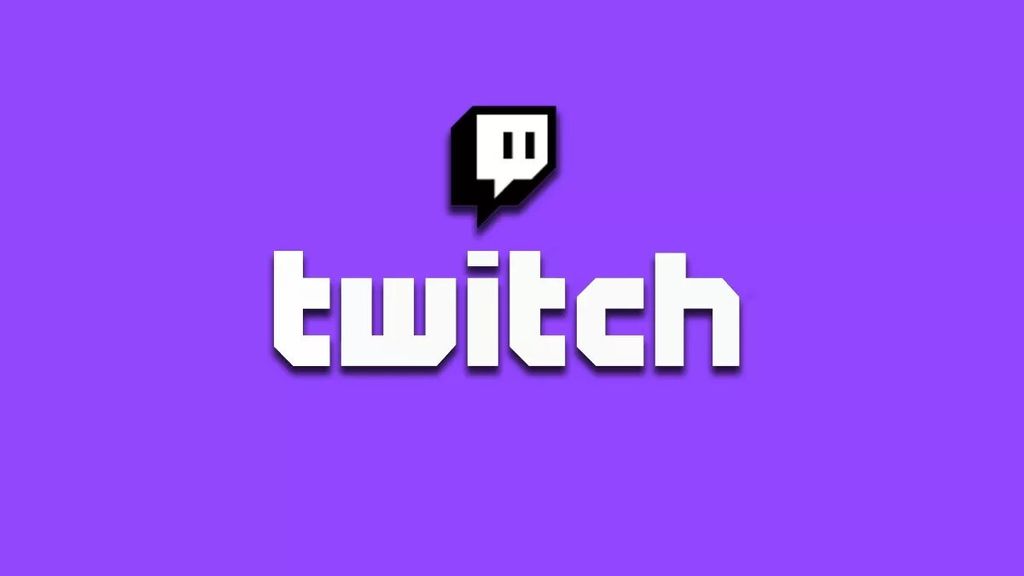The popularity of Twitch has skyrocketed in recent years, becoming the go-to platform for live content creation. However, changes in remuneration policies by Amazon have led many creators to seek alternatives that offer better financial certainty and audience reach. Here are the top 10 alternatives to Twitch for League of Legends and CS2 streamers.
1. Kick
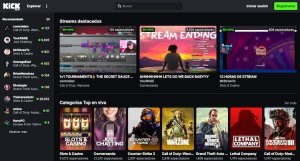
Kick is currently the main competitor to Twitch, founded by the controversial Trainwreck. Unlike Twitch, Kick allows content about gambling and more adult themes. Streamers earn more money from subscriptions (95%) and keep 100% of donations. The interface is very similar to Twitch and features popular creators like Amouranth. However, the platform’s licensing issues and the popularity of slot streams make it controversial for some users.
2. Facebook Gaming

Meta’s attempt to enter the live content creation space, Facebook Gaming, had its peak but has since declined. It remains a useful platform for many users, accessible with just a Facebook account. It combines past features and includes small web games for online entertainment.
3. YouTube
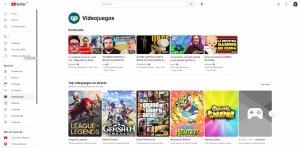
Despite its boom in the previous decade, YouTube remains a strong platform for content creation. Google’s platform supports both live streams and pre-recorded videos. Today, YouTube pays about one euro for every 1,000 views. It also offers services like YouTube Music and YouTube Premium.
4. Trovo

Trovo has captured the attention of live stream enthusiasts with its unified community and monetization tools. It offers a fun way to monetize content through “mana” and “elixir” spells. Users earn mana by watching streams, while elixir can be purchased. Trovo has a Twitch-like interface and focuses on mobile games.
5. DLive
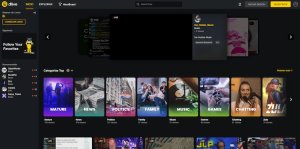
DLive focuses on blockchain and cryptocurrency. Creators earn income directly from followers through donations and rewards. DLive doesn’t take a commission, and offers unique features like ad-free streaming and HD quality.
6. Bigo Live
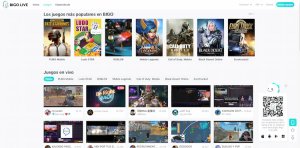
Originating in Singapore, Bigo Live has grown in popularity in Asia. It combines live game streams with a global community connection. Besides gaming, it offers live content in music and lifestyle categories. Streamers can interact with followers in real-time and receive virtual gifts that can be converted into income.
7. BEAM
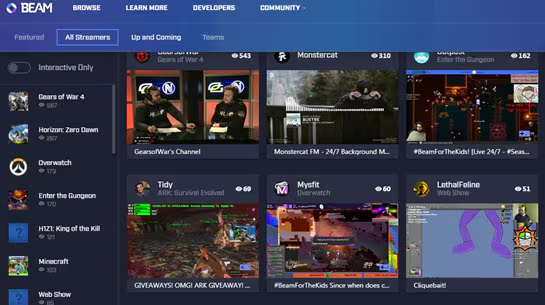
Beam offers interactive live streaming and is a potential alternative to Twitch thanks to its efficient user interface. Beam’s HTML5-based platform ensures low latency and high interaction, making it easy for streamers to connect with viewers. It supports mobile access and offers fast streaming capabilities.
8. HitBox
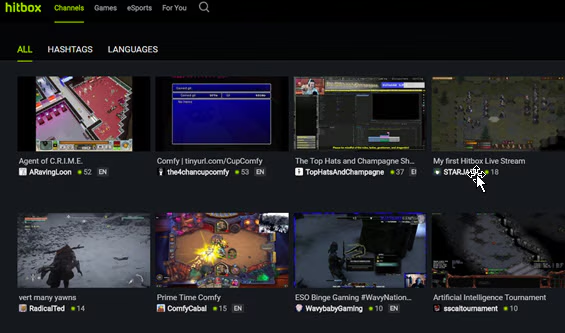
Hitbox.tv, owned by Hitbox Entertainment GmbH in Vienna, is popular among gamers for its ease of use and interactive environment. It is built with JavaScript and HTML5, enhancing the streaming experience. HitBox serves a diverse user base including viewers, partners, streamers, and tournament organizers.
9. Azubu

Azubu.tv is highly regarded for its classic gaming experience and active esports event support. It offers advanced tools for streamers to connect with the community, including powerful chat capabilities and superior live streaming technology. Azubu is known for its League of Legends streams but supports other popular games like World of Tanks, Battlefield 4, and Starcraft II.
10. Caffeine
Caffeine offers a social broadcast experience, focusing on real-time interactions without ads. It’s simple to use and integrates with social media for easy sharing. Streamers can monetize through digital items purchased by viewers.
Conclusion
While Twitch remains a dominant platform for live streaming, various alternatives provide unique features and potential benefits for streamers.
Platforms like Kick, Facebook Gaming, and YouTube offer different monetization models, community engagement tools, and special features catering to different audience preferences and streamer needs. Exploring these alternatives can help creators find the best fit for their content and financial goals.

